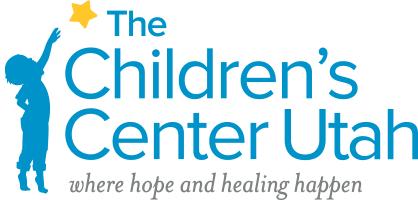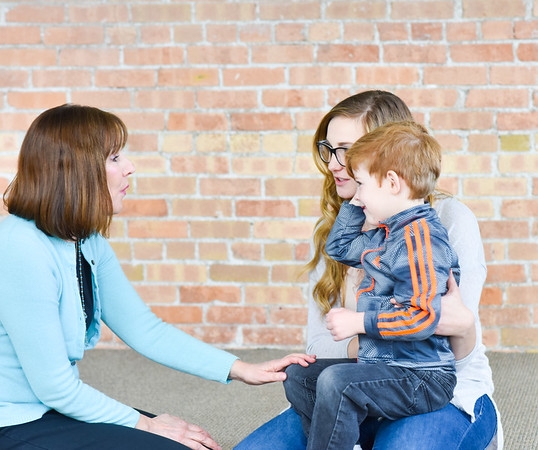As part of KPCW’s ongoing coverage of Early Childhood care and education, we are highlighting the Children’s Center of Salt Lake City for the work they do to address trauma in children under the age of seven.
Children’s Center CEO Rebecca Dutson has a team of 85 people which consists of a large clinical team of Psychologists, Psychiatrists, and Paraprofessionals. She says they provide wrap around, integrative evidence-based-care for children seven and under, who have had adverse childhood experiences.
“And those really fall into a few main categories. You are looking at abuse or neglect or dysfunction within the family or the child situation. So, a child might be experiencing or witnessing physical abuse or sexual abuse, or emotional abuse and they may be being neglected, not taken care of. And, they may be experiencing other things that are very traumatic, so separation from a caregiver, due to a number of reasons but some of them are everyday experiences that we have like death of a parent or caregiver or sibling.”
The impacts of trauma vary depending on the child. Dutson says the Children’s Center Clinical Team provides individualized care that helps a child become more resilient and able to build relationships and handle life challenges.
“Children are measured in four basic areas. So initiative, self-regulation, attachment and relationships and then total protective factors. And so, you can see that you know, is a child making progress in their ability to handle their big emotions. What type of progress are they making? And you know a lot of our children who are experiencing significant difficulties have more difficulty functioning in what I would say would be a traditional childcare setting or maybe even a preschool.”
The Center serves up to 1800 children a year. They’ve been providing care along the Wasatch Front for 50-years. They receive referrals from many community sources including pediatricians, caregivers, families and word of mouth. Dutson says both the child and their caregiver are engaged and assessed to determine the appropriate service. Even if a family does not have insurance, the Center is able to provide clinical care through generous community support. Some 200 participated in a virtual fundraiser last week.
“We do not turn away any child or family who needs services where our services can help. And so, it is private donations that step in to make up that difference.”
Dutson says children who face emotional or mental conditions are also good candidates for the therapies they offer. They’re launching a tele-consulting service for clinicians working in other early childhood programs throughout the state.
“We’re really unique in the type of skill and service that we provide. We would like to be able to do more of that. And we’re working to expand our training in a way that we can help other providers be more comfortable and have the training that they need.”


